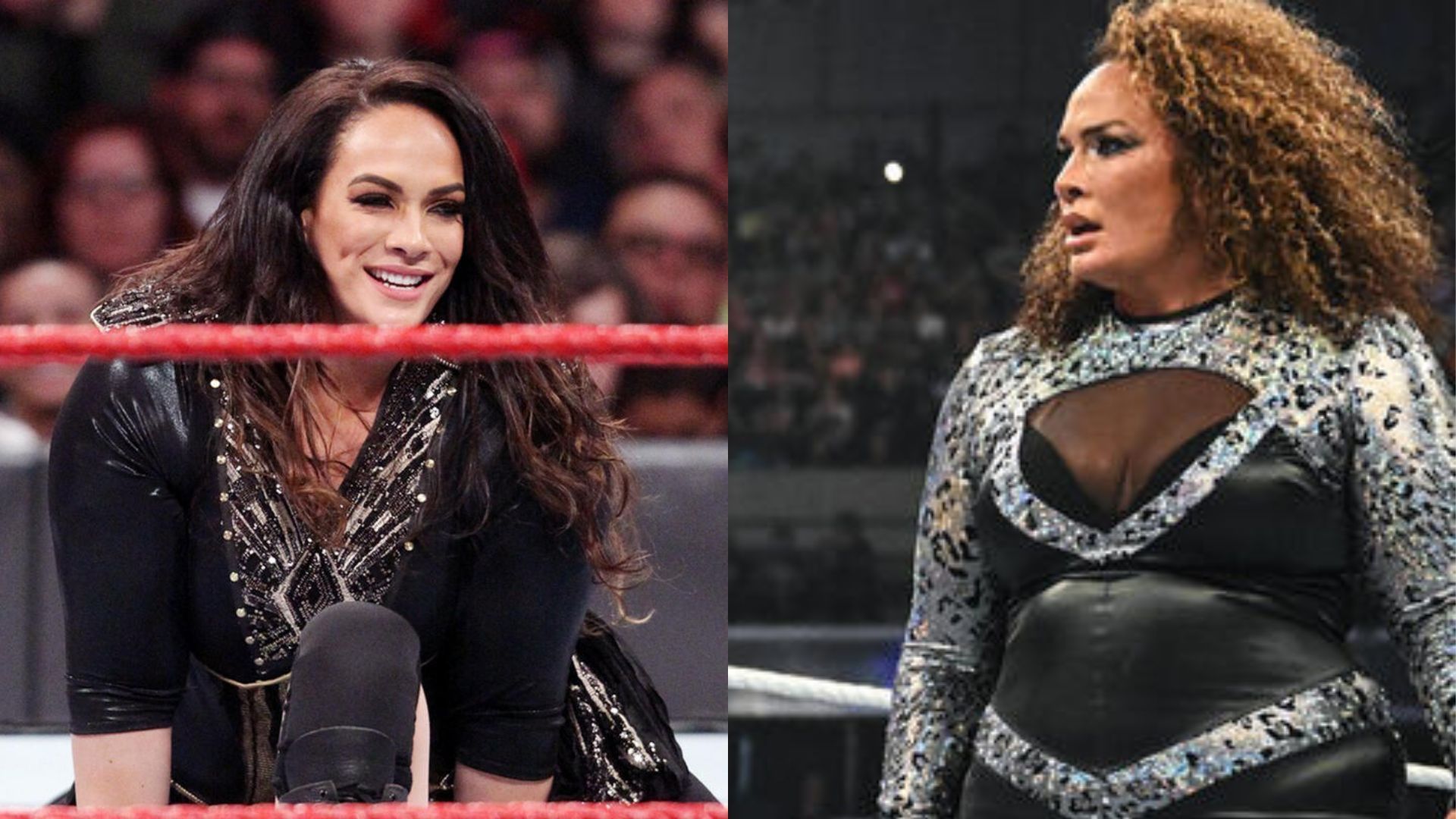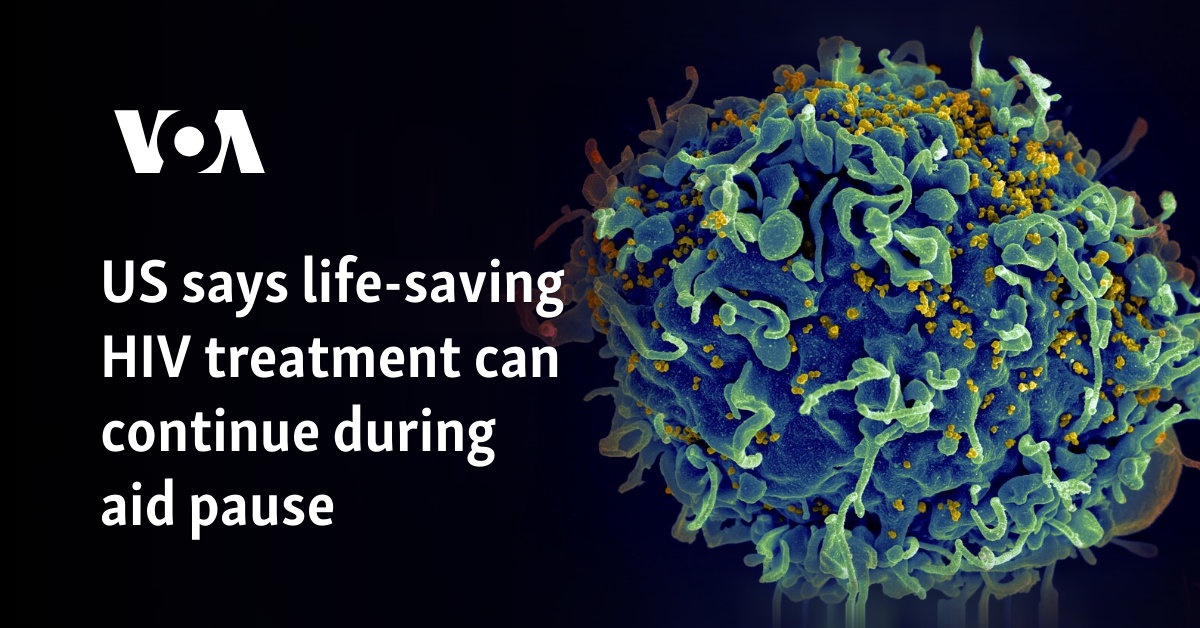The Rings of Power wrapped up season two not only with storm clouds raging on nearly every horizon of Middle-earth, but with the deaths of several major characters—some of them towering figures from J.R.R. Tolkien’s The Lord of the Rings lore. J.D. Payne and Patrick McKay, the showrunners of Amazon’s expensive, expansive series, spoke with Vanity Fair about some of the most provocative twists.
In the finale that just aired on Prime Video, the rings have been forged, but their creator has been killed. And a familiar fire demon has been unleashed, while the dwarf king pays with his life for digging too deep and greedily. (There are other details to discuss once a particular spoiler embargo lifts in the morning on Thursday.)
Here’s how it all came to pass—along with what the showrunners consider to be their biggest controversies. Major spoilers ahead…
The Bad End of Celebrimbor
Vanity Fair: The final episode features the completion of the rings that Sauron will use to control Middle-earth, but also the death of their maker, the elven-smith Celebrimbor. Can you unpack the significance of his final words to Sauron?
J.D. Payne: The two Charlies absolutely crushed it throughout the season but especially in that final scene. Charles Edwards [who plays Celebrimbor] is vulnerable and you feel pathos for him but there’s also something triumphant. He’s a victim and he’s being tortured and killed, but then also he’s able to rise up in this final moment. Celebrimbor says, “No, you are their prisoner, Sauron—Lord of the Rings.” And you just watch for a moment as Charlie Vickers [as Sauron] responds to that and a tear comes down his face. And then the Orcs come in and he goes through this transformation and is now ready to start manipulating anew, all in that one shot. Both of them are firing on all cylinders.
Using that phrase, “the Lord of the Rings,” seems like a big moment. It’s presented as more of a curse than an honor.
Payne: It’s something that Annatar [the elven disguise Sauron adopts] initially seduces Celebrimbor with. He says that, “You, Celebrimbor will be the Lord of the Rings. You’re going to forever eclipse Fëanor [the even more ancient elven creator of mystical objects], and it’s going to be this celebrated achievement of the age.” And at the end Celebrimbor is able to say, “No, that’s not me, that’s you, Sauron—Lord of the Rings. By the way, you don’t want to be Lord of the Rings because they’ll only master you.”
Patrick McKay: The two poles of that story are, “You’re the Lord of the Rings!” “No, you’re the Lord of the Rings!” It has a changed meaning, right? The first time it’s an honorary title being bestowed, the second time, it’s sort of a death sentence in a way. This is what this season’s about. The fate of the world is being decided by two people in a room.
How does he arrive at this idea that the power of the rings actually makes you a prisoner?
McKay: I think Sauron is a slave of his own ambition. Celebrimbor knows that Sauron’s will is tied to the rings and that happens to all of us in certain ways, right? If we’re workaholics, we think that our work gives us the ability to go out and control the world but no, we’re really slaves of our work. We’re slaves of the thing that drives us. Sauron is so driven that Celebrimbor knows he’ll never be able to escape from it. He says, “I foresee the end. One ring alone will lead to your utter ruin,” which is what proves to be the case. Sauron eventually pours so much of himself into these creations that his very existence becomes tied to them. When Frodo and Gollum, entangled together, end up getting the ring into the lava, it does destroy Sauron. Celebrimbor can sort of see that prophetically.
Is that because, while creating them, Celebrimbor also lost his own way?
McKay: Well, worse than that, the darkness overcame him and nearly destroyed him. Celebrimbor, more than anyone, understands the evil power of those rings. That is the modus operandi by which Sauron is doing everything. “Evil undoes itself,” is what I think he’s saying to him.







